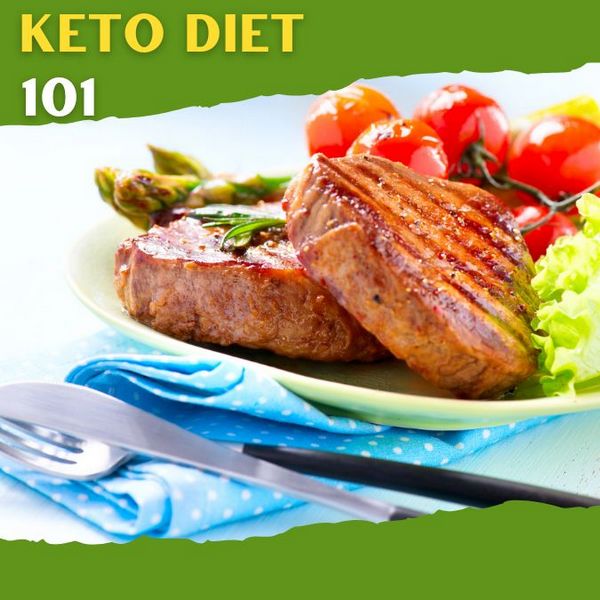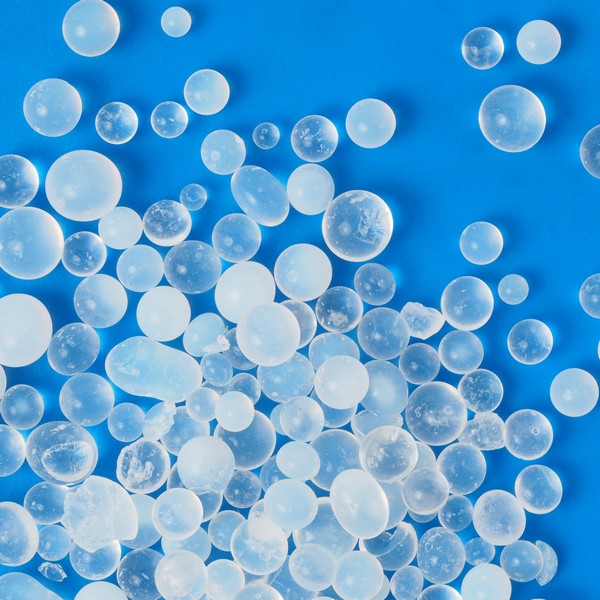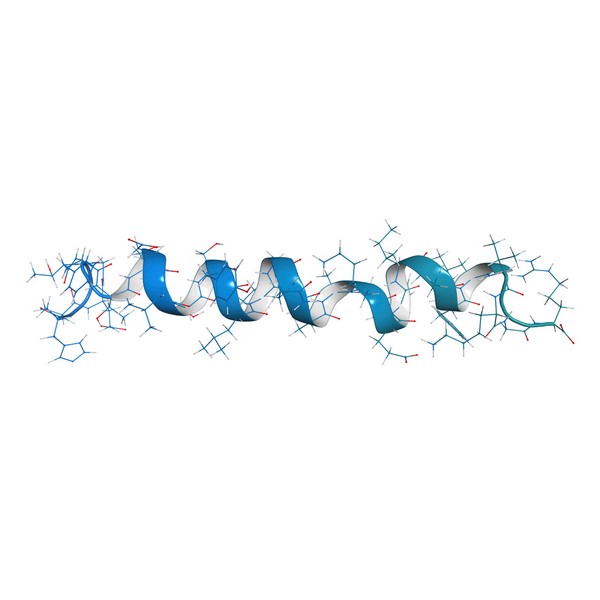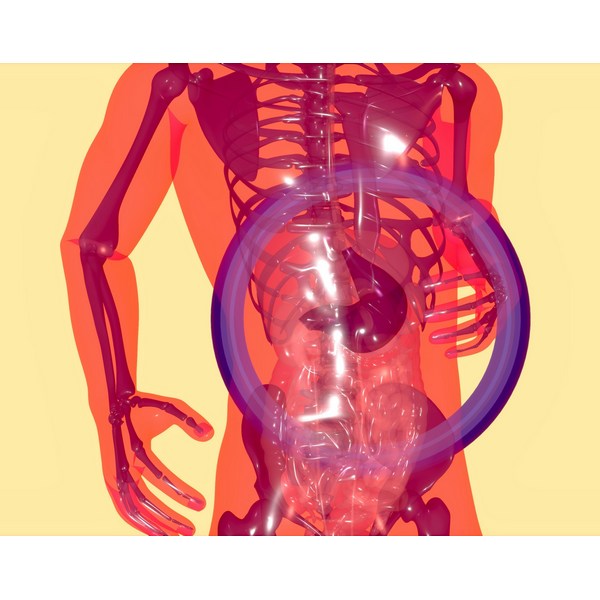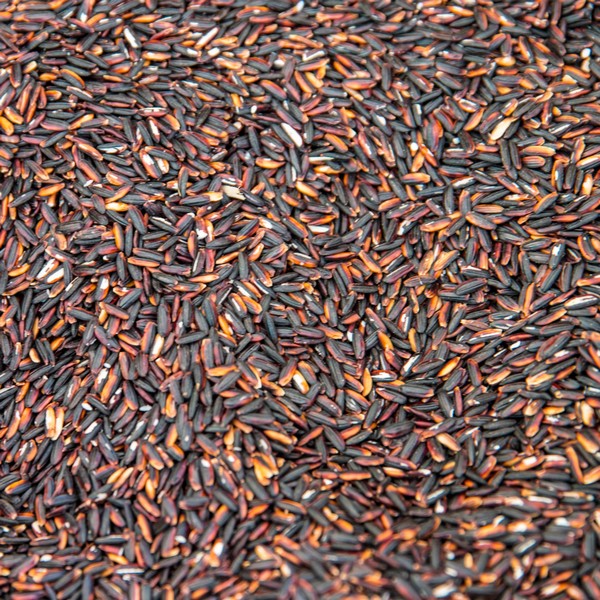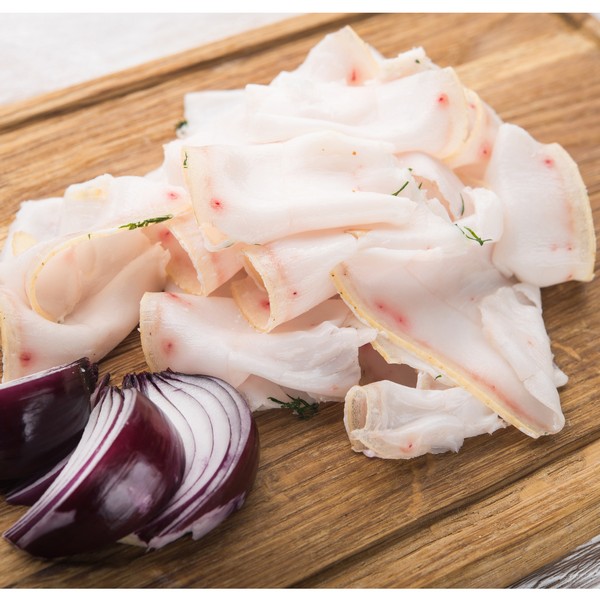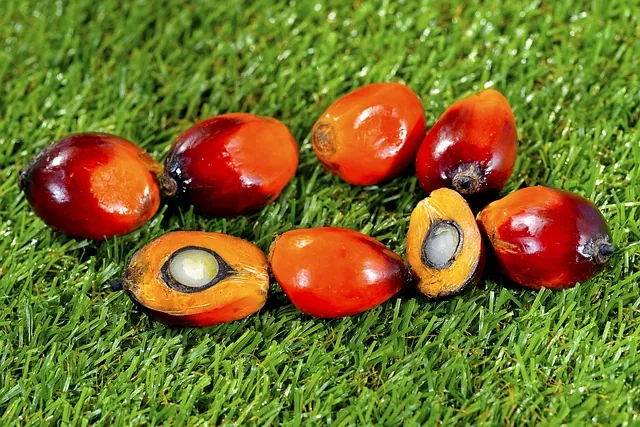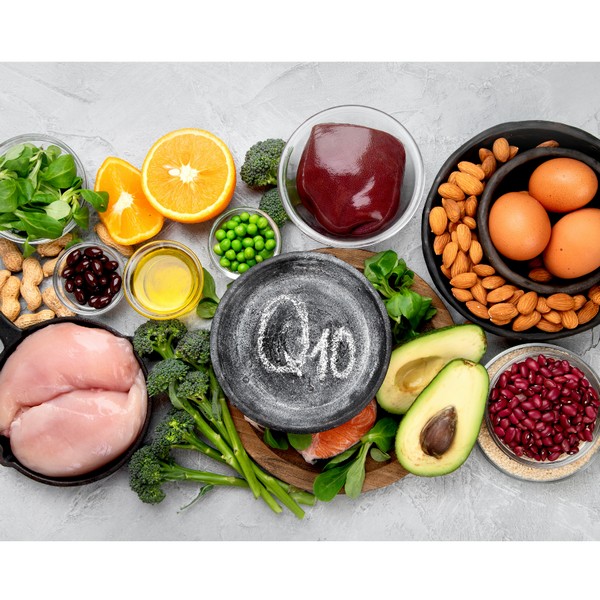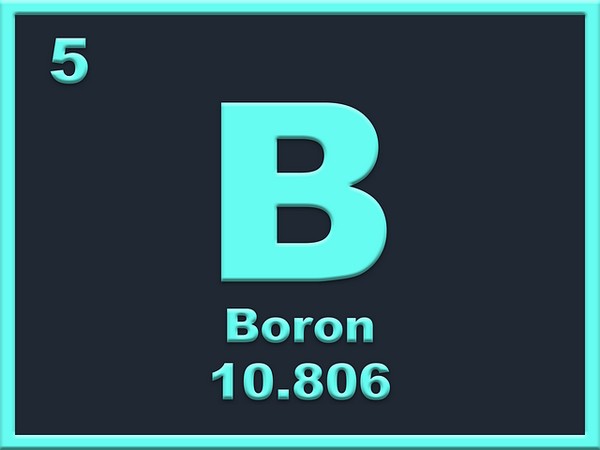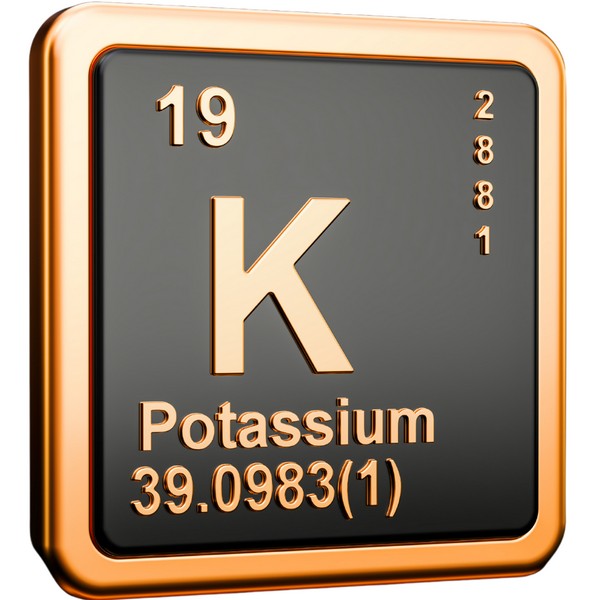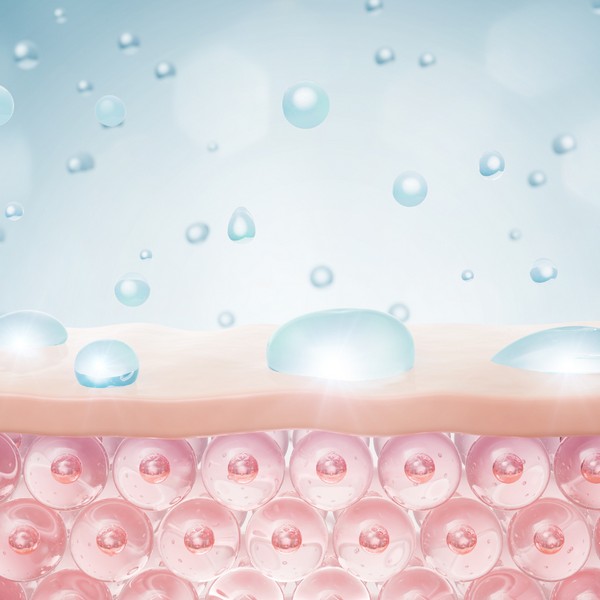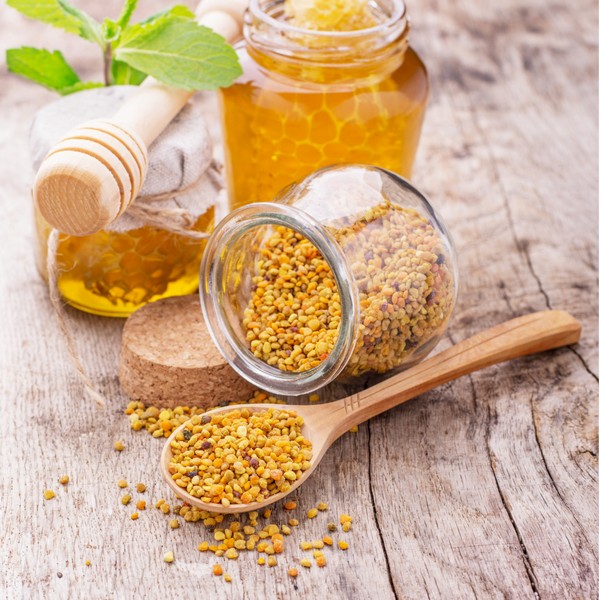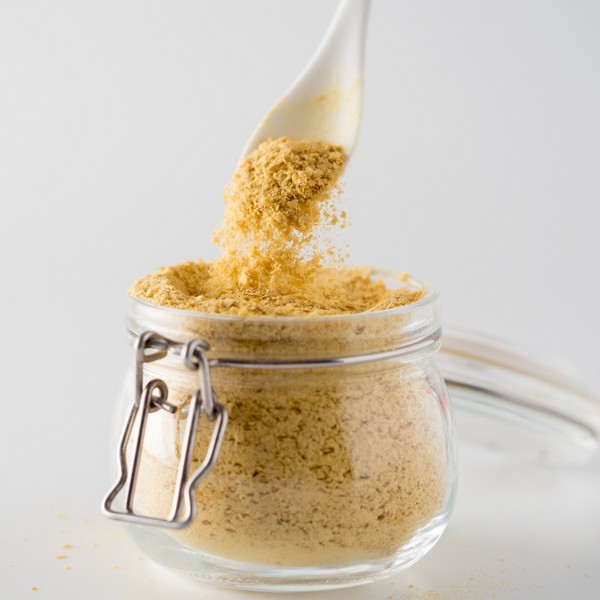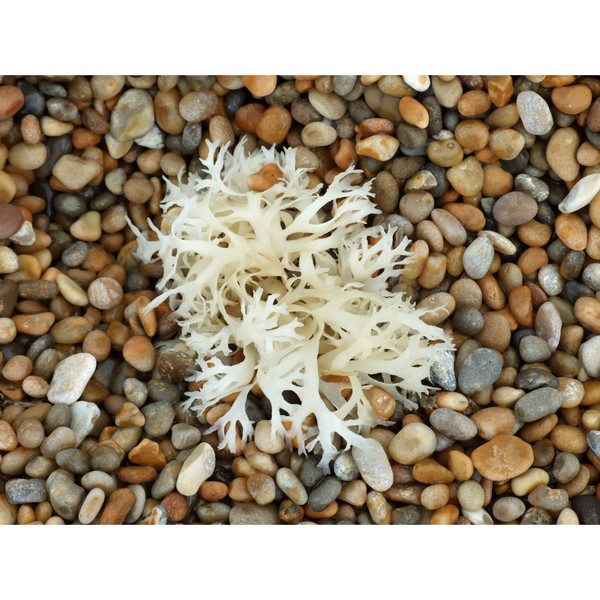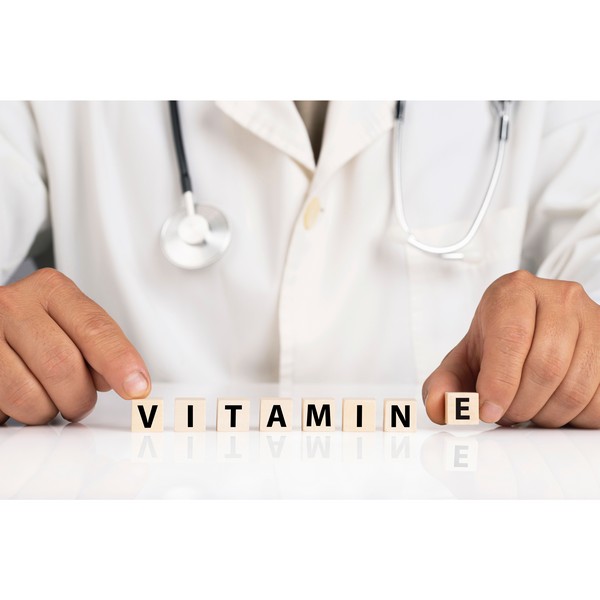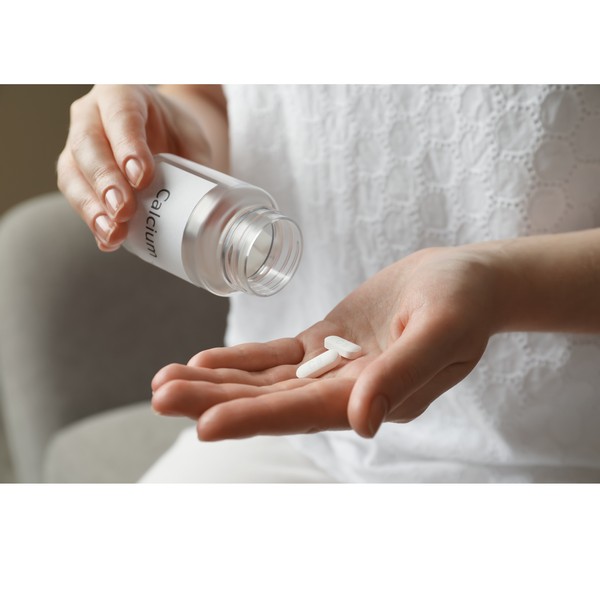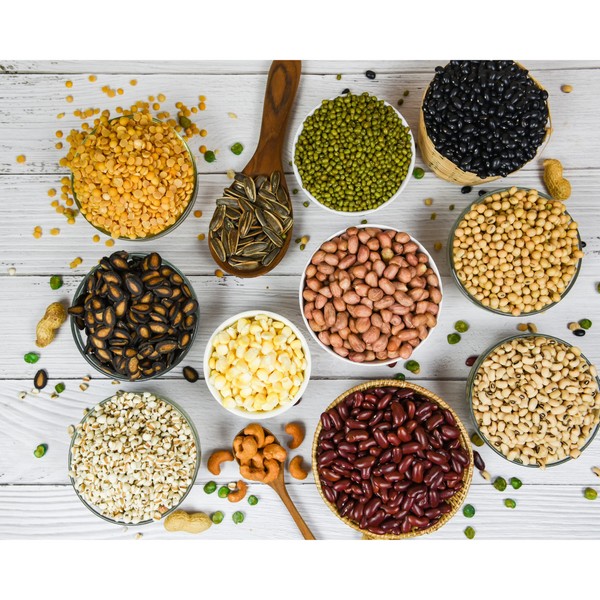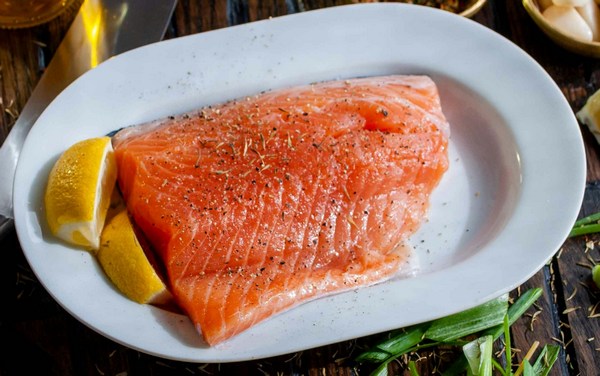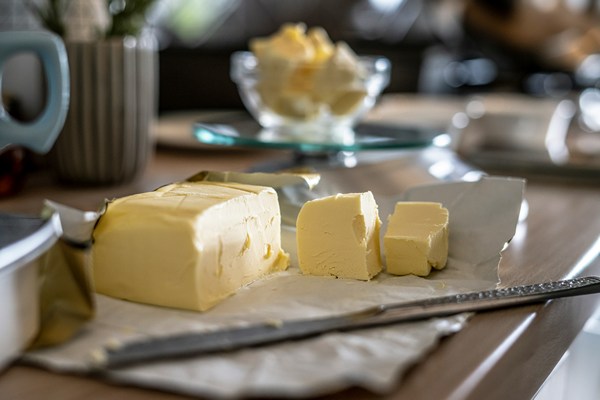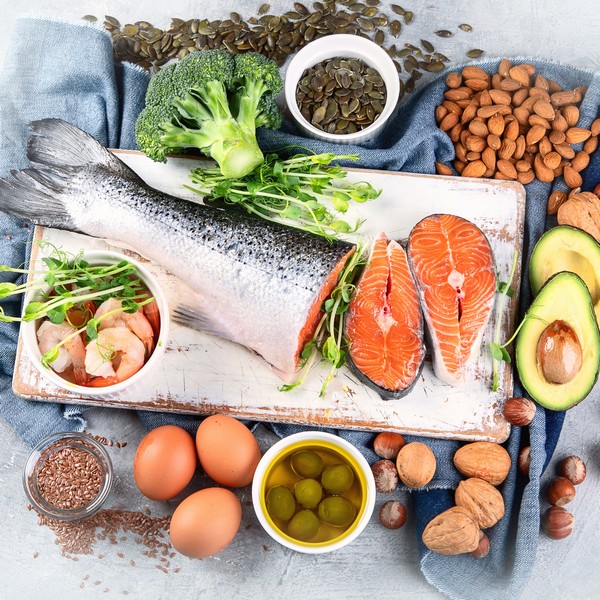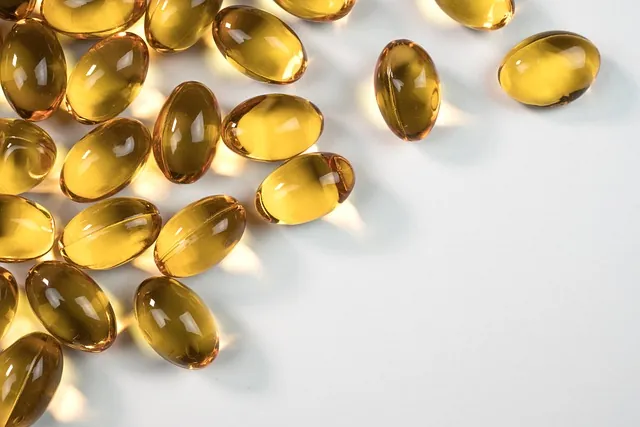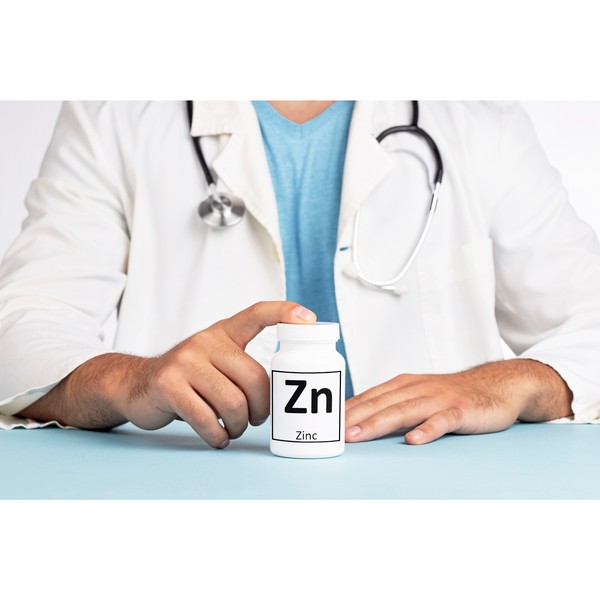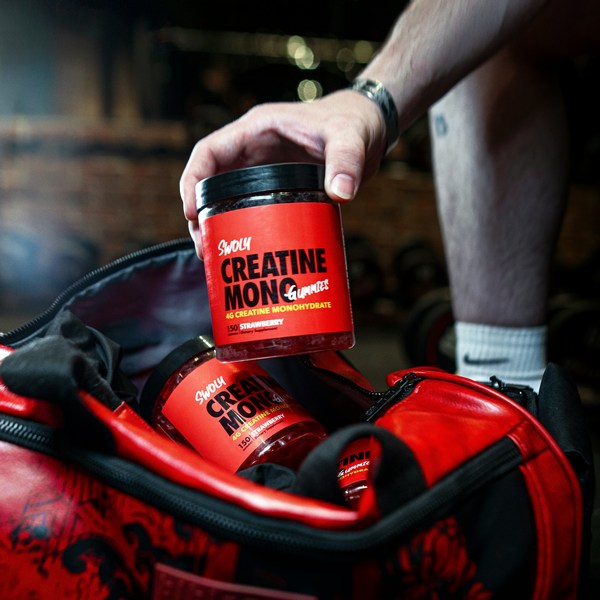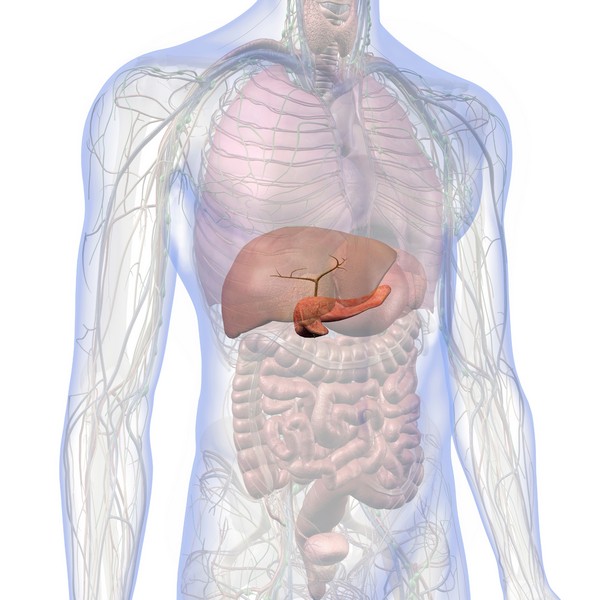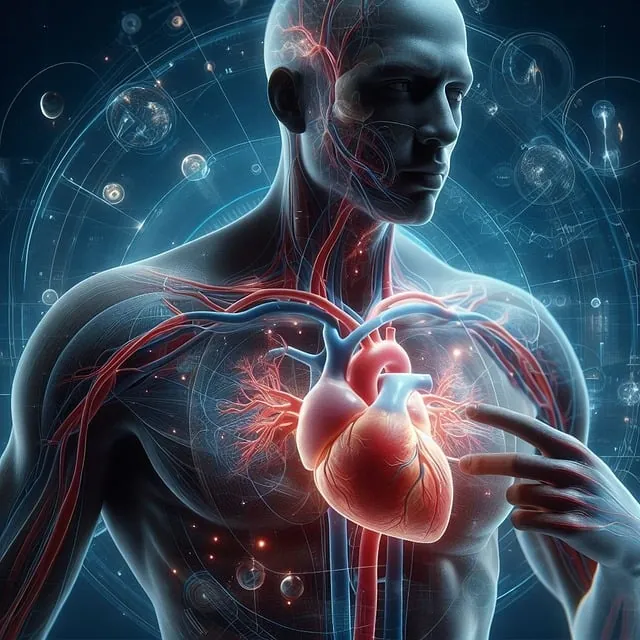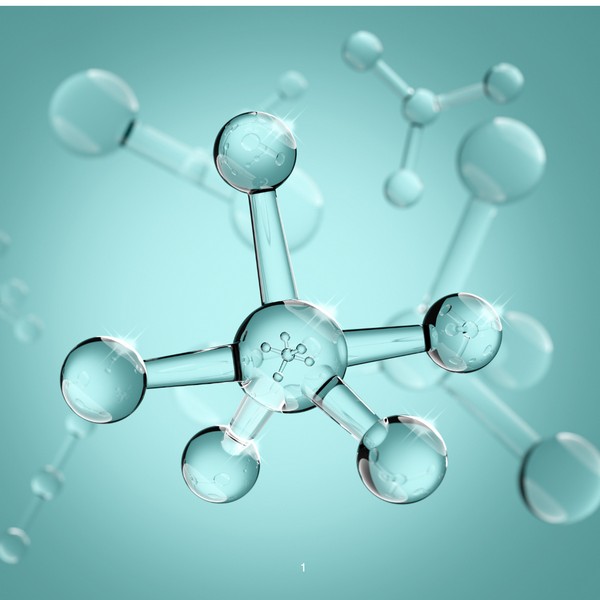Key Takeaways
- Spirulina boosts immune function with its high nutrient content and antioxidant properties.
- Rich in proteins and essential vitamins, enhances overall nutrition.
- Helps reduce cholesterol and blood pressure, promoting heart health.
- Supports weight management by boosting metabolism and reducing appetite.
- Offers anti-inflammatory benefits, aiding in muscle recovery and overall wellness.
Introduction
Spirulina is a type of blue-green algae that thrives in both fresh and salt water. Historically, it has been consumed for centuries, with its use dating back to the Aztec civilization.
Spirulina has gained recognition as a superfood due to its remarkable health benefits. This algae has been increasingly included in health-conscious diets.
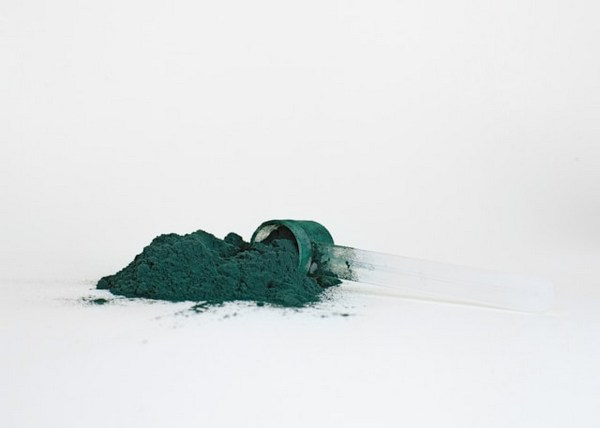
Nutritional Profile of Spirulina
Spirulina is a rich source of proteins, boasting a complete amino acid profile, which is rare for plant-based proteins.
Additionally, it is packed with a wide range of vitamins and minerals, including B vitamins, iron, magnesium, and manganese, making it a potent nutritional supplement.
When compared to other superfoods, spirulina stands out for its nutritional density. It contains higher levels of protein and a broader spectrum of essential nutrients than most plant foods, affirming its superfood status.
This algae not only supports overall health but also provides essential nutrients that are often lacking in modern diets.
Health Benefits of Spirulina
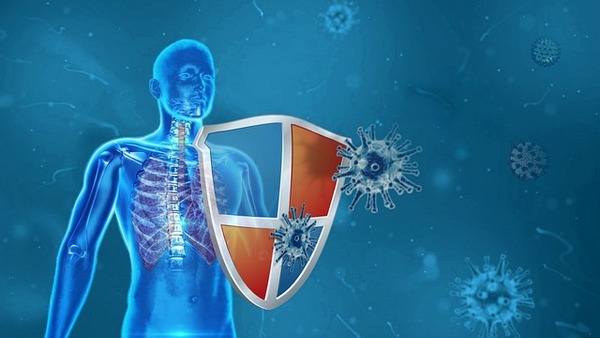
Immune System Support
Spirulina is known to enhance the immune system by increasing the production of antibodies and infection-fighting proteins.
Studies have shown that spirulina can stimulate immune cells, enhancing the body’s ability to fight infections and diseases.
Antioxidant and Anti-inflammatory Properties
Spirulina is rich in phycocyanin, a pigment known for its antioxidant properties that can help protect cells from damage.
Regular consumption of spirulina may reduce inflammation and lower oxidative stress by neutralizing free radicals.
Weight Management and Metabolism

Spirulina can influence metabolism, helping to increase fat-burning rates and reduce appetite.
Research suggests that spirulina can contribute to weight loss and improved metabolic health due to its high protein content and satiety-inducing properties.
Heart Health
Spirulina has been observed to lower LDL (so-called bad) cholesterol and potentially raise HDL (so-called good) cholesterol, as well as reduce blood pressure.
Multiple studies support the cardiovascular benefits of spirulina, highlighting its role in preventing heart disease by improving arterial health.
Energy and Endurance Enhancement
Spirulina may improve endurance and decrease muscle fatigue by increasing the efficiency of energy use in cells.
Athletes taking spirulina supplements have shown improved endurance levels and increased muscle strength in various trials.
Other Potential Benefits
Here's what experts say about the benefits of spirulina. https://t.co/MHhRsj9CnV pic.twitter.com/48x9GGnThD
— Dr. Joseph Mercola (@mercola) June 8, 2022
Anticancer Properties
Preliminary studies suggest that spirulina may possess anticancer properties, particularly in inhibiting the growth of certain cancer cells due to its rich antioxidant content.
Detoxification
Spirulina has been shown to bind with heavy metals in the body, aiding in their removal. This can be particularly beneficial for individuals exposed to high levels of pollutants or contaminants.
Mental Health
Some research indicates that the nutrients in spirulina, such as tryptophan, can support serotonin production, which plays a crucial role in mood regulation.
Regular consumption may help improve symptoms of anxiety and boost overall mental well-being.
How to Add Spirulina to Your Diet

Practical Tips on Using Spirulina
- Begin with a small amount (about 1 teaspoon) and gradually increase to allow your body to adjust to its potent effects.
- Spirulina powder can be easily mixed into smoothies, juices, or water. Its strong flavor is well-masked by fruits like bananas or pineapples.
Recipe Ideas and Serving Suggestions
- Blend spirulina powder with bananas, spinach, and coconut water, then top with fresh berries and granola.
- Combine spirulina powder with nuts, seeds, oats, and honey to make nutritious energy bars.

Who Should Avoid Spirulina
- Due to its immune-boosting properties, spirulina might exacerbate symptoms of conditions like multiple sclerosis, rheumatoid arthritis, and lupus.
- As a blue-green algae, spirulina could trigger allergic reactions in susceptible individuals.
Side Effects and How to Minimize Them
- Some people may experience bloating or discomfort. Drinking plenty of water and starting with small amounts can help mitigate these effects.
Conclusion
Spirulina is a nutrient-dense superfood that supports immune health, reduces inflammation, and enhances overall well-being.
Always consult a healthcare professional before adding any new supplement into your diet, especially if you have pre-existing health conditions or are pregnant.
Frequently Asked Questions
What is spirulina and why is it considered healthy?
Spirulina is a blue-green algae known for its high nutrient content. It’s celebrated as a superfood due to its rich protein profile, including essential amino acids, and an abundance of vitamins and antioxidants that support overall health.
Does spirulina benefit pregnant individuals or children?
Studies indicate that spirulina can boost the iron status in both pregnant individuals and children, helping to alleviate anemia and improve nutritional health.
Can spirulina help with exercise?
Yes, spirulina might enhance muscle strength and endurance because it helps minimize oxidative damage caused by exercise, potentially boosting athletic performance.
How can I ensure that spirulina is safe?
When purchasing spirulina supplements, look for brands with strong quality assurance practices. This means selecting products from companies that grow algae in controlled environments and conduct stringent testing to avoid contamination with toxins and heavy metals.
Research
Aghasadeghi, M.R., Zaheri Birgani, M.A., Jamalimoghadamsiyahkali, S., Hosamirudsari, H., Moradi, A., Jafari-Sabet, M., Sadigh, N., Rahimi, P., Tavakoli, R., Hamidi-Fard, M., Bahramali, G., Parmoon, Z., Arjmand Hashjin, S., Mirzajani, G., Kouhkheil, R., Roshangaran, S., Khalaf, S., Khademi Nadoushan, M., Gholamiyan Yousef Abad, G., Shahryarpour, N., Izadi, M., Zendedel, A., Jahanfar, S., Dadras, O., SeyedAlinaghi, S. and Hackett, D., 2024. Effect of high-dose Spirulina supplementation on hospitalized adults with COVID-19: a randomized controlled trial. Frontiers in Immunology,
https://doi.org/10.3389/fimmu.2024.1332425.
Czerwonka, A., Kaławaj, K., Sławińska-Brych, A., Lemieszek, M. K., Bartnik, M., Wojtanowski, K. K., Zdzisińska, B., & Rzeski, W. (2018). Anticancer effect of the water extract of a commercial Spirulina (Arthrospira platensis) product on the human lung cancer A549 cell line. Biomedicine & Pharmacotherapy, 106, 292-302. https://doi.org/10.1016/j.biopha.2018.06.116
Gentscheva, G., Nikolova, K., Panayotova, V., Peycheva, K., Makedonski, L., Slavov, P., Radusheva, P., Petrova, P., & Yotkovska, I. Application of Arthrospira platensis for Medicinal Purposes and the Food Industry: A Review of the Literature. Life, 13(3), 845. https://doi.org/10.3390/life13030845
Gershwin, M.E. and Belay, A. eds., 2007. Spirulina in human nutrition and health. CRC press.
Hamedifard Z, Milajerdi A, Reiner Ž, Taghizadeh M, Kolahdooz F, Asemi Z. The effects of spirulina on glycemic control and serum lipoproteins in patients with metabolic syndrome and related disorders: A systematic review and meta-analysis of randomized controlled trials. Phytother Res. 2019 Oct;33(10):2609-2621. Epub 2019 Jul 29. PMID: 31359513.doi: 10.1002/ptr.6441.
Hatami E, Ghalishourani SS, Najafgholizadeh A, Pourmasoumi M, Hadi A, Clark CCT, Assaroudi M, Salehi-Sahlabadi A, Joukar F, Mansour-Ghanaei F. The effect of spirulina on type 2 diabetes: a systematic review and meta-analysis. J Diabetes Metab Disord. 2021 Mar 2;20(1):883-892. PMID: 34178867; PMCID: PMC8212345.
https://doi.org/10.1007/s40200-021-00760-z
Hirahashi, T., Matsumoto, M., Hazeki, K., Saeki, Y., Ui, M., & Seya, T. (2002). Activation of the human innate immune system by Spirulina: Augmentation of interferon production and NK cytotoxicity by oral administration of hot water extract of Spirulina platensis. International Immunopharmacology, 2(4), 423-434. https://doi.org/10.1016/S1567-5769(01)00166-7
Karkos, P. D., Leong, S. C., Karkos, C. D., Sivaji, N., & Assimakopoulos, D. A. (2011). Spirulina in Clinical Practice: Evidence-Based Human Applications. Evidence-Based Complementary and Alternative Medicine, 2011(1), 531053. https://doi.org/10.1093/ecam/nen058
Khan, Z., Bhadouria, P. and Bisen, P.S., 2005. Nutritional and therapeutic potential of Spirulina. Current pharmaceutical biotechnology, 6(5), pp.373-379.
Lee, J., Kim, K. B., Heo, J., Cho, D., Kim, H., Han, S. H., Ahn, K. J., An, I., An, S., & Bae, S. (2017). Protective effect of Arthrospira platensis extracts against ultraviolet B-induced cellular senescence through inhibition of DNA damage and matrix metalloproteinase-1 expression in human dermal fibroblasts. Journal of Photochemistry and Photobiology B: Biology, 173, 196-203. https://doi.org/10.1016/j.jphotobiol.2017.05.042
Moradi S, Ziaei R, Foshati S, Mohammadi H, Nachvak SM, Rouhani MH. Effects of Spirulina supplementation on obesity: A systematic review and meta-analysis of randomized clinical trials. Complement Ther Med. 2019 Dec;47:102211. doi: 10.1016/j.ctim.2019.102211. Epub 2019 Oct 17. PMID: 31780031.
Otles S, Pire R. Fatty acid composition of Chlorella and Spirulina microalgae species. J AOAC Int. 2001;84(6):1708–14
Rahnama I, Arabi SM, Chambari M, Bahrami LS, Hadi V, Mirghazanfari SM, Rizzo M, Hadi S, Sahebkar A. The effect of Spirulina supplementation on lipid profile: GRADE-assessed systematic review and dose-response meta-analysis of data from randomized controlled trials. Pharmacol Res. 2023 Jul;193:106802. doi: 10.1016/j.phrs.2023.106802. Epub 2023 May 30. PMID: 37263369.
Tomaselli, L. Morphology, ultrastructure and taxonomy of Arthrospira (Spirulina) maxima and Arthrospira (Spirulina) platensis. In Spirulina platensis (Arthrospira): Physiology, Cell-Biollogy and Biotechnology; Vonshak, A., Ed.; Taylor and Francis: London, UK, 1997; pp. 1–16.
Wan, D., Wu, Q., & Kuča, K. (2021). Spirulina. Nutraceuticals (Second Edition), 959-974. https://doi.org/10.1016/B978-0-12-821038-3.00057-4
Winter, F. S., Emakam, F., Kfutwah, A., Hermann, J., & Krawinkel, M. B. The Effect of Arthrospira platensis Capsules on CD4 T-Cells and Antioxidative Capacity in a Randomized Pilot Study of Adult Women Infected with Human Immunodeficiency Virus Not under HAART in Yaoundé, Cameroon. Nutrients, 6(7), 2973-2986. https://doi.org/10.3390/nu6072973
Yu B, Wang J, Suter PM, et al. Spirulina is an effective dietary source of zeaxanthin to humans. British Journal of Nutrition. 2012;108(4):611-619. doi:10.1017/S0007114511005885
Zarezadeh M, Faghfouri AH, Radkhah N, Foroumandi E, Khorshidi M, Rasouli A, Zarei M, Mohammadzadeh Honarvar N, Hazhir Karzar N, Ebrahimi Mamaghani M. Spirulina supplementation and anthropometric indices: A systematic review and meta-analysis of controlled clinical trials. Phytother Res. 2021 Feb;35(2):577-586. doi: 10.1002/ptr.6834. Epub 2020 Sep 23. PMID: 32967062.
Keto Diet 101: A Complete Beginner’s Guide
Key Highlights The ketogenic diet is a low-carb, high-fat diet that can lead to weight loss and has many health benefits. By reducing carbohydrate intake…
Silica: for Healthier Skin, Hair, and Nails
Berberine Has 11 More Incredible Benefits Than You Thought
Berberine is a compound found in several plants that has been used for centuries in traditional Chinese medicine and Ayurveda. It has recently gained popularity…
Carnivore Diet: Benefits, Risks, Food List & More
Key Takeaways The carnivore diet is a keto diet that only allows for animal-based foods, and has potential health benefits. Tips for success include hydrating,…
What You Need to Know About Salt and Your Health
Table of ContentsThe Health Benefits of Unrefined Sea SaltElectrolyte BalanceMineral ContentImproved HydrationBoosted Energy LevelsImmune SupportImproved DigestionBalanced pH LevelsReduced Water RetentionHeart Health SupportStronger Bones and TeethEnhanced…
Copper: Little-Known Health Benefits
Key Takeaways Copper is an essential trace mineral with benefits, including ceruloplasmin production, energy production and antioxidant properties. Copper is critical for brain health by…
Taurine: The Mighty Amino Acid for Optimal Health
Key Takeaways Taurine supports heart health, regulates blood pressure, and reduces oxidative stress. Essential for muscle function, brain health, and cognitive function. Aids in insulin…
Whole Food Vitamin C Complex: Expert Tips for Health
Key Highlights Whole food vitamin C complex is essential for a strong immune system and overall health. Unlike synthetic ascorbic acid, whole food vitamin C…
Natural Treatment for Irritable Bowel Syndrome (IBS): Effective Remedies Explored
Understanding IBSSymptoms of IBSRole of Diet in IBSNatural Remedies for IBSSupplements for IBSRole of Probiotics in IBSFrequently Asked Questions Understanding IBS Irritable Bowel Syndrome (IBS)…
Increase GLP-1 Agonists Naturally
6 Best Natural Ways to Manage Your Blood Sugar: A Quick & Easy Guide
1. Intermittent fasting2. Exercise3. Dietary fiber4. Sleep5. Weight loss6. SupplementationBioclinic NaturalsPGX BiotiquestSugar Shift Every time you eat it, it’s plotting something sinister. Sugar isn’t as…
TUDCA Benefits for Health
How Stabilized Rice Bran Supports Digestive & Heart Health
Key Takeaways – Stabilized rice bran is a nutrient-rich source of vitamins, minerals, and antioxidants. – The stabilization process prevents rancidity, making it a long-lasting…
Protein: You probably need more
Key Takeaways Protein is needed for building and repairing body tissues. It supports muscle growth, immune function, and hormone production. Bioavailable sources of protein include…
Tallow: Benefits, Uses, and Nutrition
Key Takeaways: Tallow is a nutrient-rich animal fat with many practical uses. It contains valuable vitamins such as A, D, E, and K. Tallow is…
Allulose: The Best Sugar Alternative
Key Takeaways Allulose is a low-calorie sweetener found naturally in some fruits. It does not raise blood sugar levels, making it suitable for diabetics. Allulose…
Red Palm Oil: Unveiling The Potent Health Benefits
Struggling to find the right oil for your health and kitchen? Red palm oil is packed with nutrients that might just be what you need….
11 Electrifying Health Benefits of Trace Minerals
What are Trace Minerals?The Major Roles of Trace MineralsSources of Trace MineralsDeficiencies in Trace MineralsThe Impact of Trace Minerals on Specific Health ConditionsFrequently Asked Questions…
The Impact of Ultra-Processed Foods on Your Wellbeing
Every bite we take is a step toward either wellness or illness. In our fast-paced world, ultra-processed foods have become a staple, silently shaping our…
5-HTP: Natural Ways to Boost Serotonin and Improve Mood
Key Takeaways: 5-HTP is a natural compound that helps boost serotonin levels in the brain. It can support mood regulation, sleep improvement, and stress reduction….
CoQ10: What Is It and Why Is It Important?
Key Takeaways CoQ10 (Coenzyme Q10) is an antioxidant produced by the body, essential for energy production in cells. Levels of CoQ10 naturally decrease with age…
Boron: Benefits of a Lesser-Known Mineral
Key Takeaways Boron is a trace mineral with significant health benefits. It supports brain function, bone health, and hormonal balance. Understanding boron’s role can improve…
Postbiotics: What They Are and Why They Are Important
Key Takeaways Postbiotics 101: They’re beneficial by-products from probiotics that consume prebiotics Boosts Immunity: Postbiotics sharpen your immune system, helping fight off pathogens and reducing…
Potassium: Benefits & Sources
Key Takeaways Potassium is essential for regulating fluid balance, nerve signals, and muscle function. It supports heart health and helps maintain proper blood pressure. Adequate…
How Collagen Supports Healthy Skin, Joints, and More
Key Takeaways Collagen is the most abundant protein in the body, supporting the structure of skin, bones, and connective tissues. It helps maintain skin elasticity,…
Liver: 5 Surprising Benefits Backed by Science
Hold on! Don’t run away! You need to read this. Liver is a highly nutritious organ meat that is often overlooked in modern diets. Packed…
Do This! The Ultimate Guide to Fasting Safely and Effectively
In our increasingly busy lives, finding time to take care of our bodies can often take a backseat. One method that has gained attention recently…
Bee Pollen: Nature’s Secret Superfood
Key Takeaways Bee pollen is packed with essential nutrients and offers numerous health benefits. It supports immune function, boosts energy, and promotes overall well-being. Adding…
Actual Superfoods: Real Foods You Should Be Eating
Key Takeaways Superfoods are nutrient-dense foods, offering essential vitamins, minerals, and fats. Prioritize high-quality sources for optimal nutrition. They support overall health, boost energy, and…
13 Most Dangerous Foods Revealed
Key Highlights Fugu, or pufferfish, is one of the most poisonous foods in the world, with its organs containing a neurotoxin that can paralyze motor…
Benefits of Nutritional Yeast
Key Takeaways Nutritional yeast is a rich source of vitamins and minerals. It supports immune function and promotes skin health. Its cheesy flavor makes it…
Is Eating Sugar Really That Bad For Your Health?
Should You Really Be Concerned? In short, YES! Thank you, that’s all folks, and do have a good evening. Seriously though, extensive research has established…
Benefits of Sea Moss Explained
Key Takeaways Rich in Nutrients: Sea moss is packed with essential vitamins, minerals, and antioxidants, supporting overall health and wellness. Supports Immune Function: Its high…
Spirulina: Health Benefits and Uses
Key Takeaways Spirulina boosts immune function with its high nutrient content and antioxidant properties. Rich in proteins and essential vitamins, enhances overall nutrition. Helps reduce…
Vitamin E Complex
Key Takeaways Vitamin E is a powerful antioxidant that protects cells from oxidative damage, reducing the risk of chronic diseases. The vitamin E complex includes…
Calcium Supplements: What You Need to Know
Key Takeaways Calcium supplements have been linked to heart disease and kidney stones. Excess calcium from supplements can lead to imbalances and health issues. Natural…
L-Carnitine: Benefits, Dosage, and Side Effects
Key Takeaways L-Carnitine supports fat metabolism and energy production. Benefits include enhanced exercise performance and improved heart health. Proper dosing minimizes potential side effects. Understanding…
Grains & Legumes Secretly Harming Your Health? Find Out Now!
Key Takeaways: – Grains and legumes contain antinutrients like lectins and phytic acid, which can interfere with nutrient absorption. – These foods may trigger digestive…
5 Major Benefits of Omega-3 Fatty Acids
Key Takeaways Omega-3 fatty acids support heart health by reducing triglycerides and lowering blood pressure. They play an important role in brain function and development,…
Cholesterol Misconceptions: Separating Fact from Fiction
Key Takeaways: High inflammation and blood pressure are major risk factors for heart disease. Cholesterol is vital for hormone production, cell membrane structure, and digestion,…
Conjugated Linoleic Acid (CLA): Benefits & Sources
Key Takeaways CLA is a type of fatty acid found primarily in animal products like beef and dairy. Known for potential benefits such as weight…
Healthy Fat: is Butter Better?
Key Takeaways Saturated fats, like those found in butter, may not be as harmful as once thought and can be part of a healthy diet….
ALA vs. DHA & EPA Omega-3: Why Source Matters
Key Takeaways ALA (Alpha-Linolenic Acid) is found in flaxseeds, chia seeds, and walnuts, but converts poorly to DHA and EPA. DHA and EPA are critical…
Vitamin A (Retinol): Essential Nutrient for Health
Key Takeaways: Natural Vitamin A, also known as Retinol, is crucial for vision, immune function, and skin health. Retinol is essential for healthy vision, particularly…
Iron Overload: Symptoms & Prevention Tips
Key Takeaways: Iron overload happens when the body absorbs excessive iron, which can damage organs. Common symptoms include fatigue, joint pain, and skin changes. Early…
Trimethylglycine TMG: Betaine Anhydrous Explained
Key Takeaways Betaine Anhydrous (TMG) is a compound found naturally in various foods and offers several health benefits. TMG supports liver health by reducing fatty…
How Cod Liver Oil Can Transform Your Health and Wellness
Cod liver oil has been used for centuries as a natural remedy for various health conditions. Packed with essential nutrients and fatty acids, cod liver…
Zinc Supplements: Risks and Dangers
Key Takeaways Zinc supports immunity, wound healing, and cell growth. High zinc supplement doses can cause health problems. Always consult a healthcare provider before taking…
Magnesium: Better Sleep, Stress Relief and More
Eggs: A Comprehensive Guide
Key Highlights Eggs are a nutritional powerhouse, containing all the essential vitamins and minerals needed for overall health. Vital role in a balanced diet, providing…
Medium Chain Triglycerides (MCTs): Uncovering 5 Health Benefits
This potent, natural source of energy has gained considerable attention in recent years for its impressive array of benefits. MCT oil is a versatile addition…
L-Glutamine and Gut Health: Benefits and Side Effects
Key Takeaways L-Glutamine is essential for gut health. Benefits include improved digestion and reduced inflammation. Potential side effects are rare but can occur in high…
8 Key Signs of Nutrient Deficiency
Key Takeaways Magnesium: A multitasker that aids in over 300 biochemical reactions in the body. Copper: Supports neurological function, cardiovascular and immune system health, iron…
Creatine Myths Debunked: Separating Fact from Fiction
Key Takeaways Common myths about creatine, such as it causing kidney damage, weight gain, and being a steroid, are widespread but unsupported by scientific evidence….
